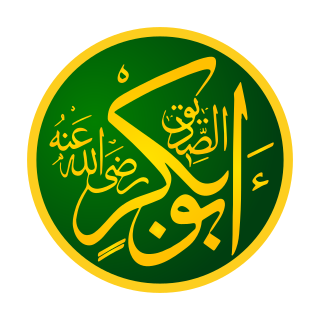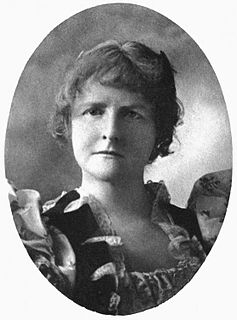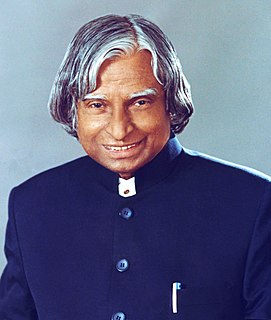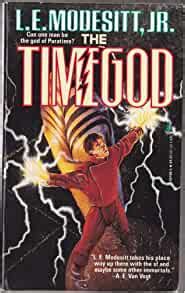A Quote by H. G. Wells
Nothing leads so straight to futility as literary ambitions without systematic knowledge.
Related Quotes
That which is received from without can be compared with knowledge. It leads to believing, which is seldom strong enough to motivate to action. That which is confirmed from within after it is contacted from without, or that which is directly perceived from within (which is my way) can be compared with wisdom. It leads to a knowing, and action goes right along with it.
Even those who have desired to work out a completely positive philosophy have been philosophers only to the extent that, at the same time, they have refused the right to install themselves in absolute knowledge. They taught not this knowledge, but its becoming in us, not the absolute but, at most, our absolute relation to it, as Kierkegaard said. What makes a philosopher is the movement which leads back without ceasing from knowledge to ignorance, from ignorance to knowledge, and a kind of rest in this movement.
Human knowledge is not (or does not follow) a straight line, but a curve, which endlessly approximates a series of circles, a spiral. Any fragment, segment, section of this curve can be transformed (transformed one-sidedly) into an independent, complete, straight line, which then (if one does not see the wood for the trees) leads into the quagmire, into clerical obscurantism (where it is anchored by the class interests of the ruling classes).
When a man or a woman holds fast to youth, even if successfully, there is something of the pitiful and the tragic involved. It is the everlasting struggle of the soul to retain the joy of earth, whose fleeing distinguishes it from heaven, and whose retention is not accomplished without an inner knowledge of its futility.
What was needed was a literary theory which, while preserving the formalist bent of New Criticism, its dogged attention to literature as aesthetic object rather than social practice, would make something a good deal more systematic and 'scientific' out of all this. The answer arrived in 1957, in the shape of the Canadian Northrop Fryes mighty 'totalization' of all literary genres, Anatomy of Criticism .
It is not the multitude of hard duties, it is not the constraint and contention that advance us in our Christian course. On the contrary, it is the yielding of our wills without restriction and without choice to tread cheerfully every day in the path in which Providence leads us. It is to seek nothing, to be discouraged by nothing, to see our duty in the present moment, and to trust all else without reserve to the will and power of God.



































